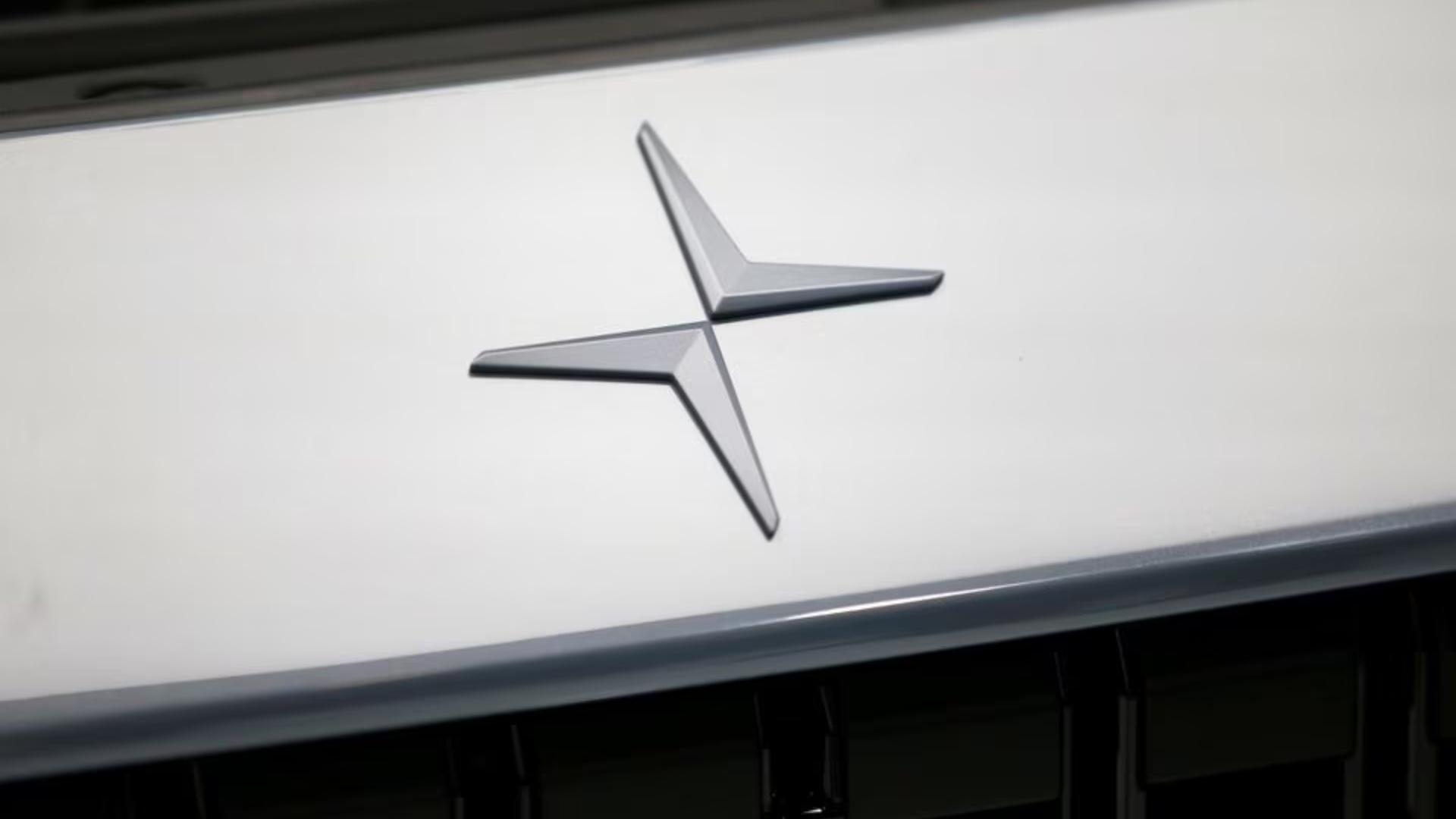(Reuters) – Polestar’s chief executive said on Friday the company is conducting a strategic review of its operations after reporting a 14% drop in third-quarter electric vehicle deliveries.
Shares of the Swedish company fell over 3%.
Polestar, which is majority owned by China’s Geely [RIC:RIC:GEELY.UL], has been grappling like rival EV makers with weakening demand for its vehicles owing to factors such as high interest rates, prompting consumers to pivot to cheaper hybrid cars.
The company handed over 11,900 vehicles in the third quarter compared with 13,900 vehicles a year ago.
Polestar recently went through a major reshuffle where it replaced its CEO, head of design, chair of the board and appointed a new CFO.
Polestar said it expects revenue for the full year to remain stagnant owing to the difficult market conditions and the import duties. In 2023, the company recorded revenue of $2.38 billion.
New CEO Michael Lohscheller, in his first public statement since taking over on October 1, announced a strategic review to “set out a clear path for Polestar’s development”, with an update on January 16 along with its third-quarter financials.
“A key to our future success will be the development of our commercial capabilities: going from showing to actively selling cars. Adopting a more active sales model is already supporting our ambitions, as the first markets to implement it are showing solid order intake,” Lohscheller said.
Polestar reaffirmed its target of achieving break-even cash flow by the end of next year, though at a lower volume than previously targeted.
“I think that’s encouraging because it alludes to the fact that the company is being strategic about cost-cutting and finding some synergies around pricing and cost and the production process,” said Andres Sheppard, senior equity analyst at Cantor Fitzgerald.
To combat slowing demand, Polestar has been cutting costs by reducing headcount and negotiating with suppliers to lower the price of manufacturing across its product lines.
The company said in August it reached the target of achieving $1.3 billion in external funding, after facing acute financial challenges at the start of the year when its major backer Volvo Cars said it would stop funding.
The company is still a long way from being funded, Sheppard said, adding that Polestar will have to raise additional capital by the second or third quarter next year.
The levy of U.S. and European tariffs on Chinese imports has pressured Polestar to grow its production base in the United States and away from China where it currently makes most of its vehicles.
On Friday, it said due to the current market conditions and the anticipated performance, it was engaged in constructive dialogue with its club loan lenders, who remain supportive of its loan covenants.
Reporting by Zaheer Kachwala in Bengaluru and Marie Mannes in Stockholm; Editing by Vijay Kishore











